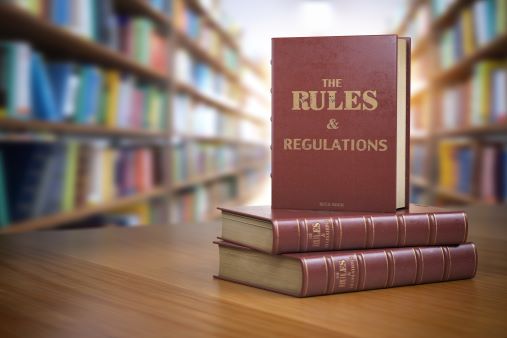While all eyes are on the United States Supreme Court this week as we await the release of its decision on the health care reform law as it concludes the 2011-2012 term, we also are looking ahead to cases of importance to employers on the Court’s docket this fall.
The Supreme Court on Monday decided to add an interesting racial harassment case to its docket for the 2012-2013 term that will begin in October. The question the Court is expected to answer is whether the “supervisor” vicarious liability rule that the Court established in the 1998 cases of Faragher v. City of Boca Raton and Burlington Industries, Inc. v. Ellerth is limited to situations in which the alleged harasser has the power to hire, fire, demote, promote, transfer or discipline the target of the alleged harassment, or whether the rule also extends to those employees in whom the employer vests the authority to direct or oversee day-to-day work activities but who do not have the power to hire and fire. In other words, just how far does the term “supervisor” extend in order for vicarious liability to be imposed on an employer? The Court has chosen the case of Maetta Vance v. Ball State University, Docket No. 11-556, to shed light on this question, which has divided the federal courts of appeal. The general rule from Faragher and Ellerth is that if the individual who is complaining of harassment by a supervisor has suffered no tangible employment action (such as termination, demotion, or other significant changes to terms and conditions of employment), then the employer can assert an affirmative defense that it exercised reasonable care to prevent and correct harassment and the complaining employee unreasonably failed to take advantage of the preventive and corrective opportunities. In cases where the alleged harasser is not a supervisor, an employer can be held liable for hostile work environment harassment only if it acted negligently in not acting promptly to correct the conduct and prevent its recurrence once it knew or should have know about it. The Vance v. Ball State case involves a plaintiff, employed in the catering department at the university in Indiana, who alleged that she was subjected to racially derogatory remarks and veiled threats over an extended period of time. The district court found that the primary alleged harasser was not a supervisor and granted summary judgment to the employer, applying the negligence standard that is applicable to instances of alleged harassment by a non-supervisory co-worker. The U.S. Court of Appeals for the Seventh Circuit affirmed, and the plaintiff then petitioned the Supreme Court to hear the case, citing a split among the circuits. Earlier this year, the Supreme Court asked the Solicitor General to provide the view of the United States, and in an amicus brief filed in late May, the Solicitor General agreed that the issue is an important one. However, the Solicitor General expressed the view that the Vance case was not the right vehicle for the question to be decided because it did not appear from the facts that the alleged harasser in the Vance case had directed the plaintiff’s work such that the person would fit either definition of supervisor. While we await argument and the Court’s decision on this question in the fall term, employers should continue to ensure that anti-harassment policies are in place, are disseminated, and are the subject of training and enforcement at all levels to prevent and correct workplace harassment so that they are in a good position to defend a charge or lawsuit should one develop.
U.S. Supreme Court to consider definition of “supervisor” for purposes of vicarious liability in hostile work environment case
Subscribe
Do you want to receive more valuable insights directly in your inbox? Visit our subscription center and let us know what you're interested in learning more about.
View Subscription Center











